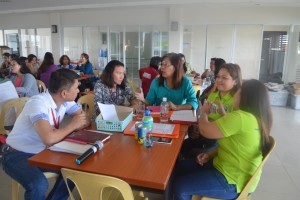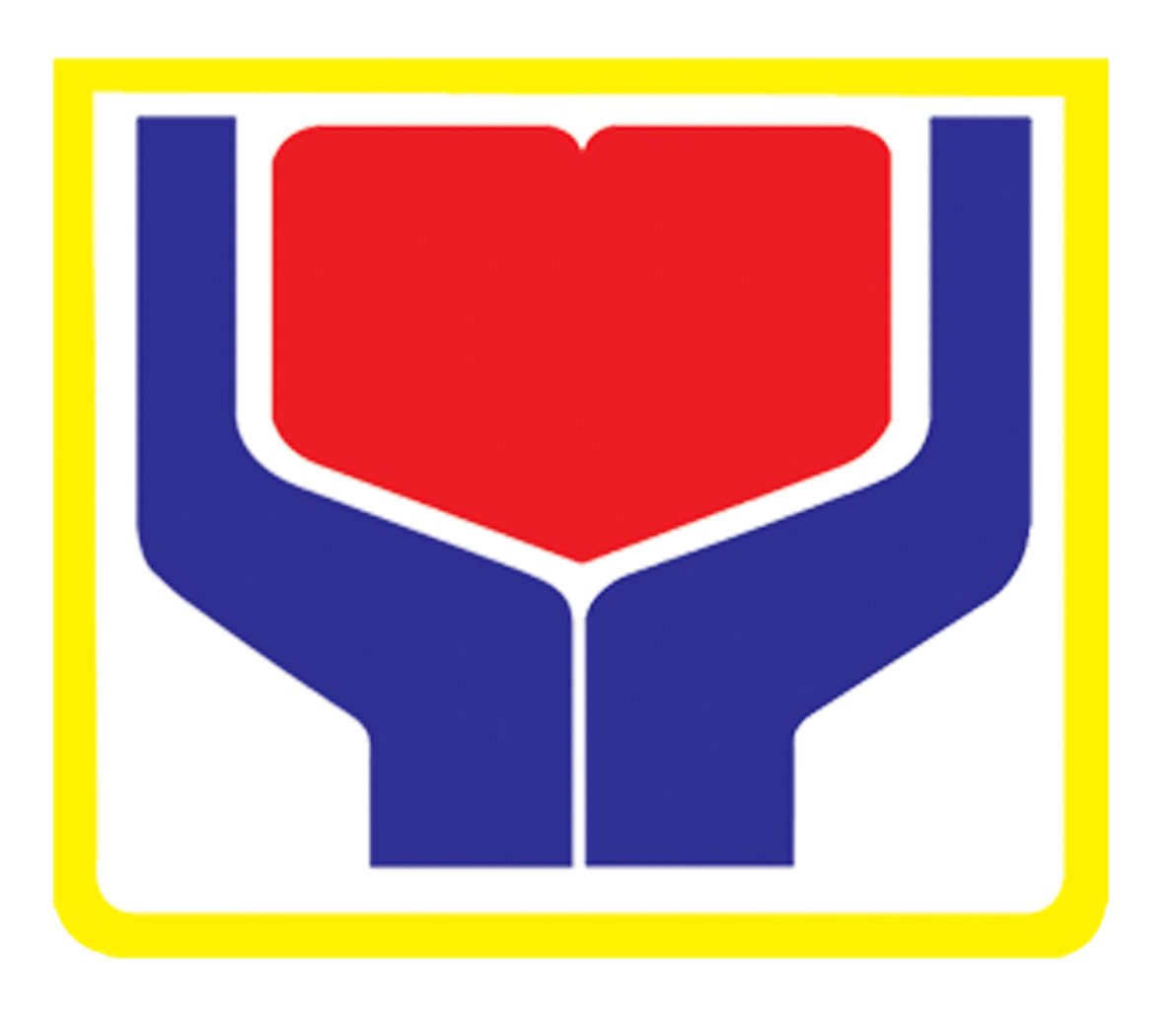
The Department of Social Welfare and Development (DSWD) through its Field Office IV-A, together with local government units (LGUs) and non-government organizations (NGOs) implementing programs and services for the indigenous peoples (IPs), continuously promotes strengthened programs and services for the improved living condition of the IPs.
During the recently held Social Welfare and Development Forum in Alabang, Muntinlupa City, at least 30 partners assessed their experiences and challenges in the implementation of different programs and services directed to the IPs this year.
In the CALABARZON Region, IP communities include Dumagat, Aeta and Sama-Bajau, majority are in the provinces of Rizal, Quezon and Batangas.
Based on the discussions during the forum, initiatives such as birth registrations, medical missions, livelihood assistance and scholarships for alternative learning system are among the projects that best responded to the needs of the IPs.
To further strengthen these initiatives, the participants committed to regularly coordinate with the concerned agencies particularly the National Commission for Indigenous Peoples (NCIP). They have also asked the assistance of the DSWD to continuously provide trainings and inputs on managing and evaluating programs and services.
“We look forward for more trainings and orientation on IP culture sensitivity so we can effectively implement and sustain our programs and services for them,” said Choleta Calzado, an LGU representative from Infanta in Quezon Province.
During the forum, the DSWD Field Office IV-A presented its programs and services directed to the sector and called for the continuous support of the LGUs and NGOs.
Among these programs are the Pantawid Pamilyang Pilipino Program and the Modified Conditional Cash Transfer (MCCT) where IP families receive cash grants for their educational and health needs, considering that they follow the program’s conditions which include 85% monthly school attendance of children, regular health check-ups and regular attendance to monthly Family Development Sessions.
Other programs presented include the Sustainable Livelihood Program for livelihood and employment assistance, the Kapit Bisig Laban sa Kahirapan-Comprehensive and Integrated Delivery of Services (Kalahi-CIDSS) for the improvement of delivery of social services in tribal communities and the Comprehensive Program for Sama-Bajau that aims to provide beneficiaries with permanent shelter, education, livelihood and other support services carried out by partner LGUs and NGOs.
Nulhidaya Biri Bayani, a Sama-Bajau from Batangas City in Batangas Province and a beneficiary of the comprehensive program and MCCT, shared her gratitude and experiences on the assistance she received from the DSWD.
“Dati, pakalat-kalat lang kami sa daan at nanlilimos. Ramdam namin na takot ang mga tao sa amin. Pero sa mga tulong ng DSWD, marami kaming natutunan at nagkaroon kami ng mas maayos na pagkakakitaan. Natuto kaming makisalamuha at ramdam namin na tanggap kami sa lipunan,” shared Nulhidaya during the forum.#
